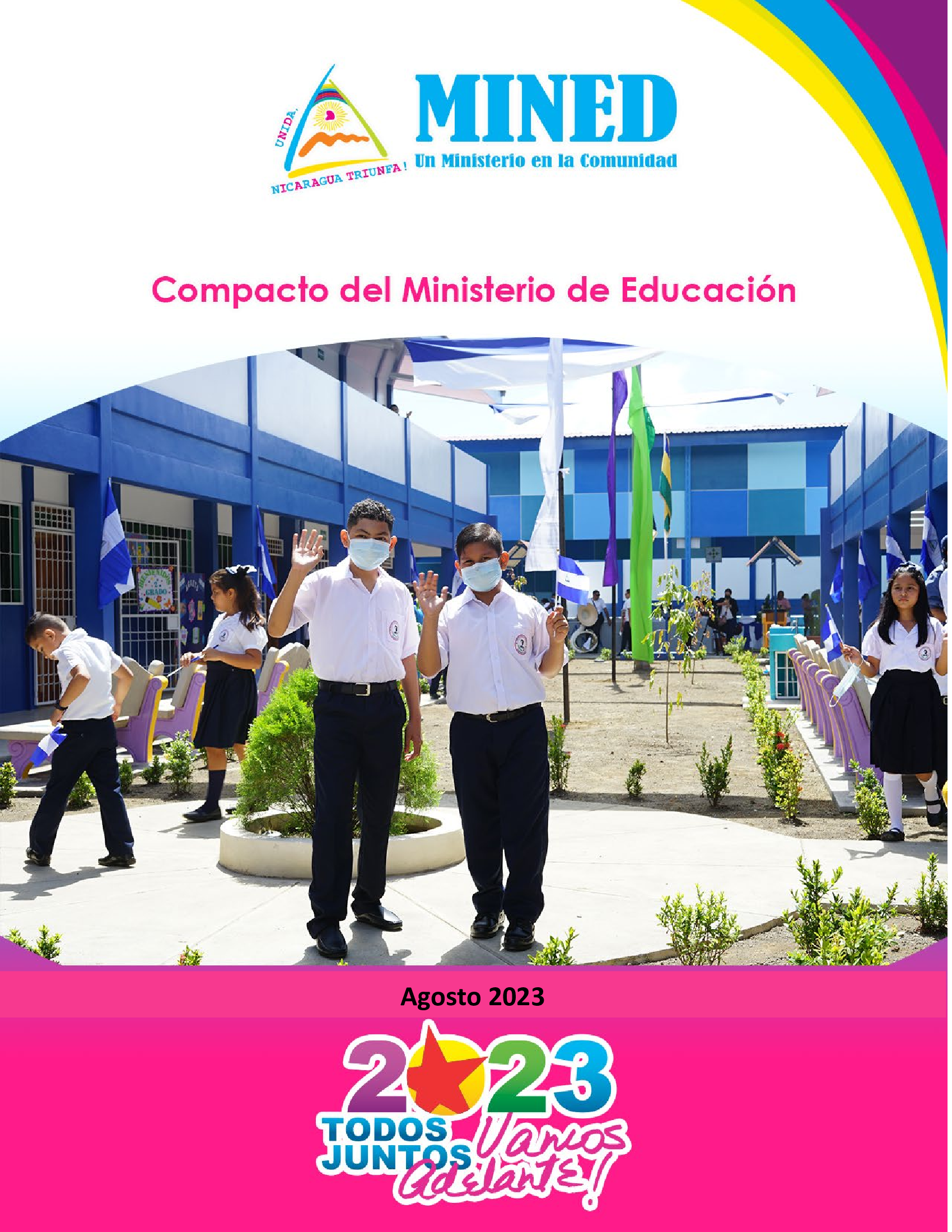Education in Nicaragua

Partner since:
Total grant support: US$57,238,255
Grant eligibility:
- Multiplier
- System capacity
- System transformation
Partnership Compact
Priority: Strengthening the quality of education and increasing the coverage of early childhood education, including a gender component.
Coordinating agency: UNESCO
GPE Team lead: Javier Luque

